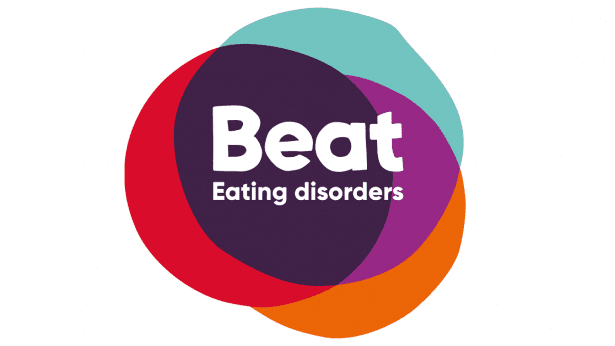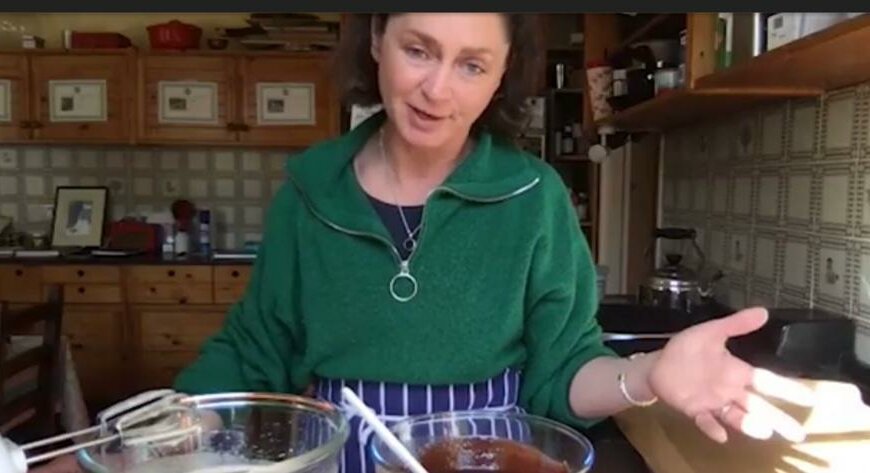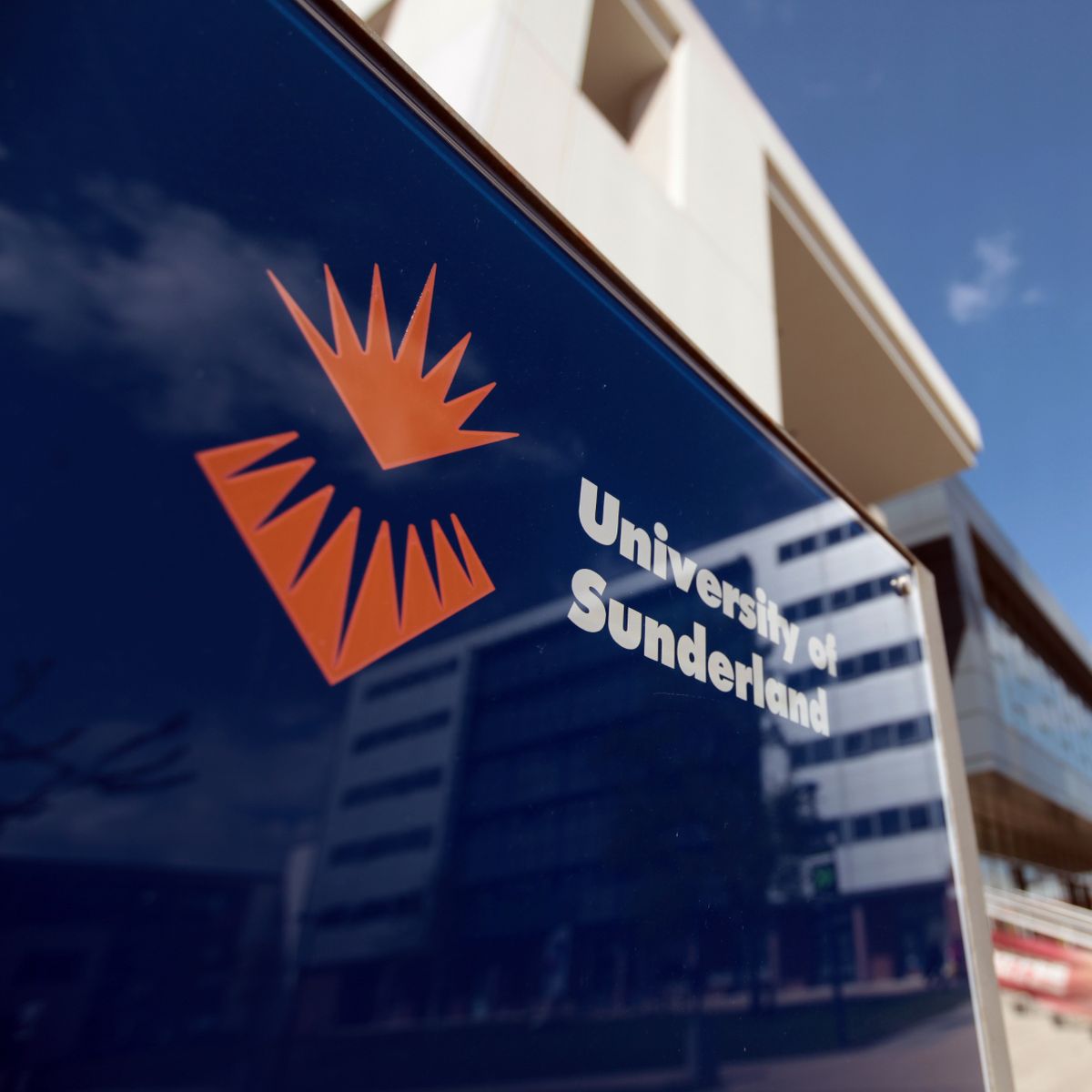During the past year of the pandemic, we’ve seen how underlying health problems increase people’s chances of dying from Covid.
Two inter-linked factors implicated in these life-threatening problems are social deprivation and poor diet.
Here, Dr Matthew Campbell, principal investigator in Human Metabolism at the University of Sunderland’s Faculty of Health Sciences and Wellbeing, argues that it’s now time to reform the world’s food system – and our dietary habits – to protect human health into the future.
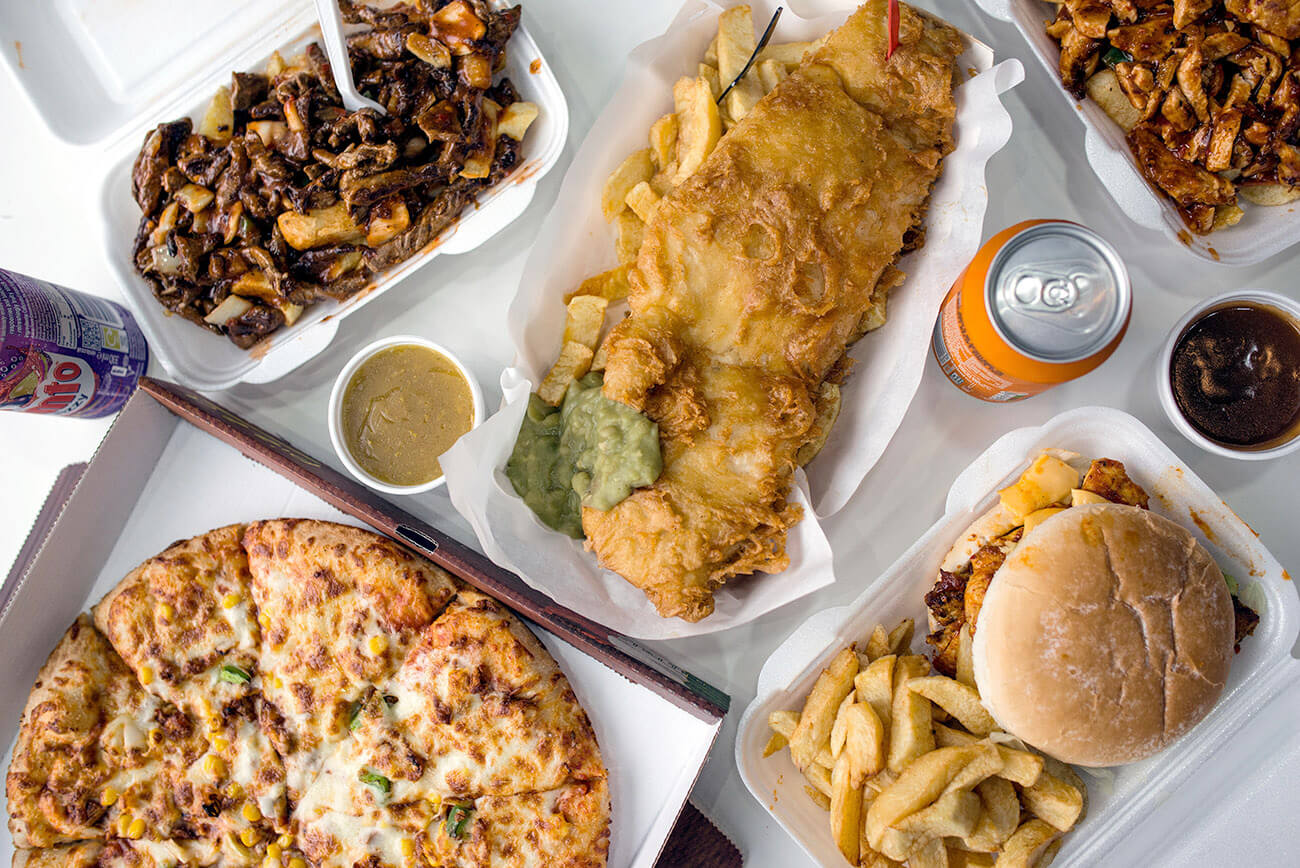
ONE of the first signs of the scale and magnitude of Covid-19 was on our food chain, which buckled in response to panic-buying, with supermarket shelves empty of daily essentials.
For some people, lockdown was synonymous with Instagramming the latest bake-off trend and having to do without triple-quilted toilet roll. However, those facing uncertain financial circumstances were more likely concerned about simply having enough food on the table.
Older people – especially those from low-income households and living in deprived areas, or are socially isolated, or living with chronic disorders, or from ethnic minority backgrounds – have faced the greatest risks from Covid-19. Importantly, these risk factors tend to aggregate, and this demographic represents a significant proportion of people in the North East of England.
“Given what we know … there is a real risk that the pandemic and its long-term impact on the economy will widen the health inequality gap”
Our region has one of the highest death rates from Covid-19; our community has one the highest levels of social deprivation and poverty in the UK and residents have, on average, a shorter life expectancy, with a larger proportion of their shorter lives spent in poorer health and being more likely to die prematurely from preventable diseases.
These health and social factors coalesce, increasing vulnerability to Covid-19.
This increased vulnerability is primarily due to an abnormal immune response to the virus, which can be compounded by a poor diet.
For example, we know that older people and those living with disease respond less well to immune challenges compared to the young and disease-free: they develop more severe symptoms and take longer to recover from infections and complications.
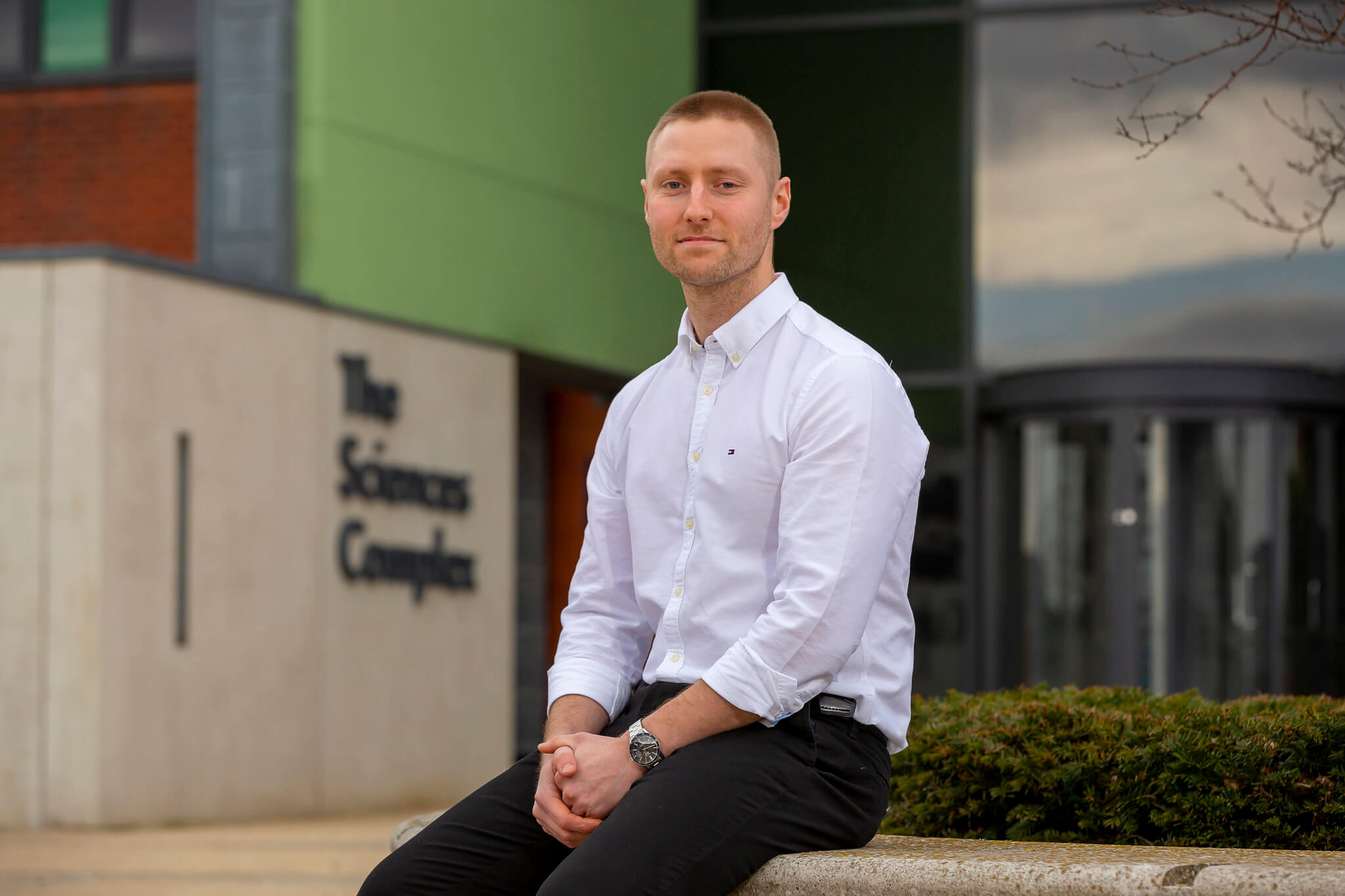
Many older and ill people also have a poor nutritional status, driven by a number of age- and ill-health-related changes in taste and the use of multiple medications.
Additionally, social factors such as loneliness and self-isolation – which are higher in the elderly and ill – dramatically reduce appetite and can instil apathy around food, which can lead to poor nutritional intake. We also know that poverty and social deprivation are intrinsically linked to poorer diets and that this has a significant role in health inequalities.
How much we eat is influenced by a number of different factors. These are sometimes health- and mood-related, but also subject to social, cultural, economic, environmental, and seasonal influences.
There is no doubt that during the pandemic we have seen a change to our eating behaviours, with some people over-eating and others facing food scarcity.
Over-eating is generally related to our surrounding environment and is heavily impacted by easy-to-access food. For example, people who have found themselves working from home – often from the kitchen table – can be tempted more easily by fridge and store-cupboard delights.
Of course, it’s not just how much but also what we eat that is important.
Foods with longer shelf lives – usually tinned foods, rice, pasta, and freezeable ready meals – seem to be the adaptive change in food choice when people are being told to food-shop less often.
However, tinned foods and certainly ready meals are typically high in salt or sugar – or both – which is bad news for our heart health.
Plus, there is now fairly strong evidence that ‘ultra-processed’ foods such as ready meals directly and independently promote weight gain through increased appetite. Although these types of foods can be eaten in moderation as part of a healthy diet, extended periods of isolation can change feeding behaviours, resulting in a higher-than-normal intake of unhealthy foods over an extended period of time.
Given what we know about the link between pre-existing health inequalities and diet, there is a real risk that the pandemic and its long-term impact on the economy will widen the health inequality gap and food scarcity will become an even bigger problem.
Efforts have been made to protect the most vulnerable in society, in particular by councils and charities, to house the homeless and provide food aid and free-school meals to low-income households.
At the University of Sunderland, we have set up an Emergency Hardship and Covid-19 Assistance Fund to support our disadvantaged and vulnerable students, provided free breakfast and lunch to our essential workers, and our university community have been running local free food banks.
These sorts of initiatives, which place huge pressure on individuals and individual organisations, need to be supported and funded by central government to ensure their sustainability and that no one is left behind.
Now is the time to develop comprehensive plans around nutrition preparedness to protect against disruptions in food supply to households and prevent surging costs of store-cupboard essentials.
However, we also need to take a more global outward-facing view.
Our current food system model is a significant contributor to planetary change and is disrupting our ecology, which increases the likelihood of future pandemics.
Changes to agricultural practices, such as intensive farming and extensive animal breeding, encourage poor diets – including eating too much processed food and too much meat. These diets are associated with long-term diseases including diabetes and heart disease, which increase the risk of developing severe symptoms and complications from Covid-19.
This change in how we produce food, the sources of food that we import, and our relationship with the living world has also propagated conditions that make viruses such as covid-19 more easy to spread.
Widespread deforestation (as we have seen in Brazil) means that agriculture is increasingly encroaching on and changing the natural world, with more humans coming into closer contact with more wildlife, which increases the risk of zoological diseases – diseases that originate in animals and spread to humans.
So, if we want to prevent future pandemics and limit their consequences, we need to look hard at reforming the overall food system, from production, processing, retailing, consumption, and disposal.

